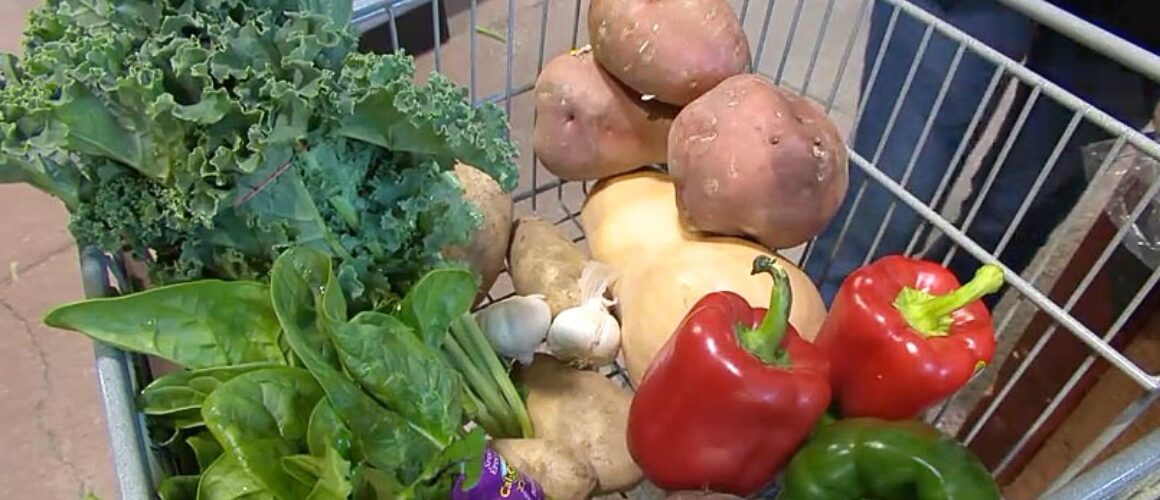Buying Organic: When to Do It, When to Skip It.
Telling someone to buy organic when they can’t afford to doesn’t solve any problems.
The problem is that in a lot of cases, organic food is more expensive than its conventional counterparts.
We’ve inherited a food system in which fake food is cheap, and real food is expensive. Why? Because our taxpayer dollars are used to support the growing of chemically-intensive agriculture and the growing of genetically engineered crops like corn and soy used in processed, fake food, while farmers growing things organically, which means by law, without the use of synthetic chemicals and weedkillers, GMOs and artificial ingredients are then charged fees to prove that their products are safe. They are also charged fees to label it. It would be like getting fined to wear your seat belt.
Which is why when you start singing the organic gospel, you may get an eye roll. We need to finance a smarter food system. One that levels the playing field economically, for farmers, for families for our future.
But in the meantime, Consumer Reports just came out with a short video that shares some insight on how to make decisions in the grocery store: where you want to buy organic, where it is less important. The guidelines are based on data that shares levels of pesticides on produce.
Did you know that the USDA measures pesticide residue on citrus fruits like oranges after the peels have been removed. Have you ever had a kid stick the orange slice, peel on, in her mouth? I have.
Have you heard that it helps to remove the outer leaves of a head of lettuce to reduce your exposure to some pesticides? It’s a quick trick.
Did you know that the pesticide levels on green beens hasn’t fallen in 20 years? Surely, we are smarter than this.
Here is a quick buying guide for 10 popular items. Don’t make the perfect the enemy of the good, focus on progress not perfection, and do what you can, where you are with what you have.
Our goal is a clean food system, one that is both safe and affordable to all families. Right now, not everyone can afford organic food, not even close. Thankfully, companies like Target, Kroger and others are following in Whole Foods footsteps and expanding their selections of organic foods.
It’s the work of a lifetime, and all of our changes are adding up.
Want to learn more? Check out: Organic Food: Why the price tag; is it worth it?
